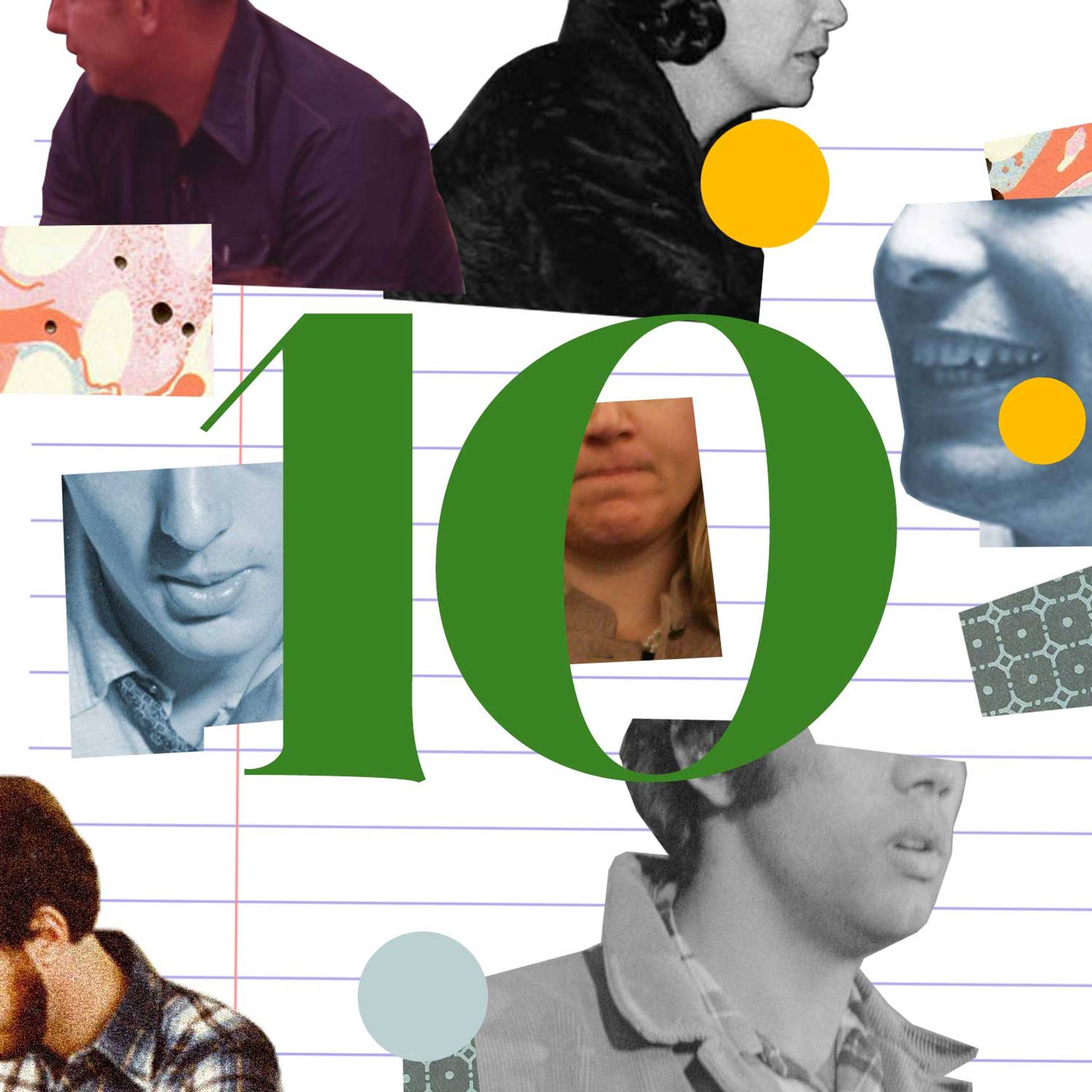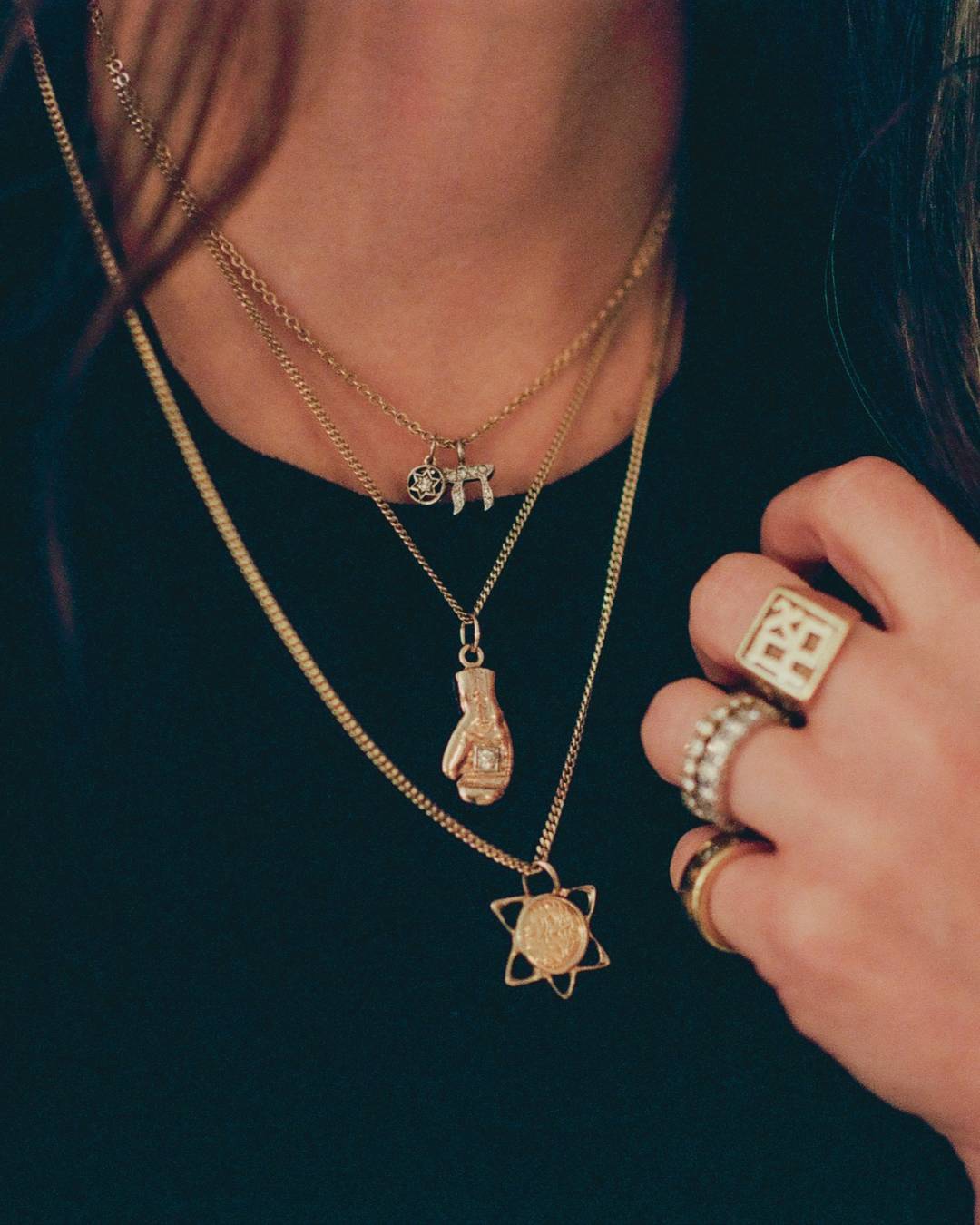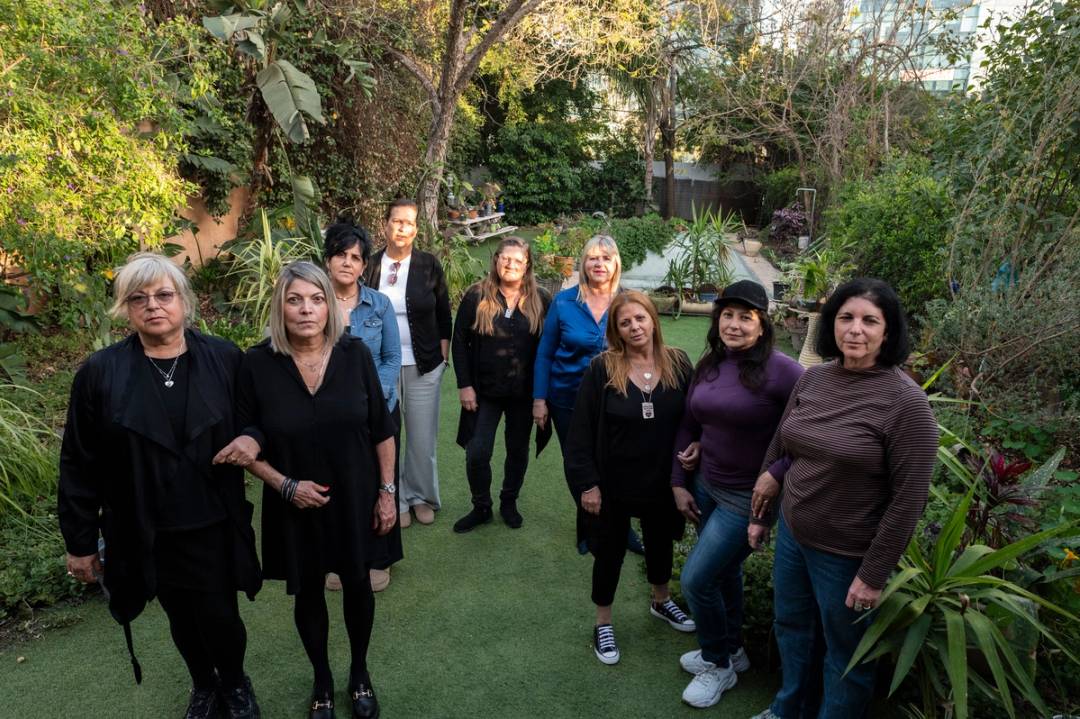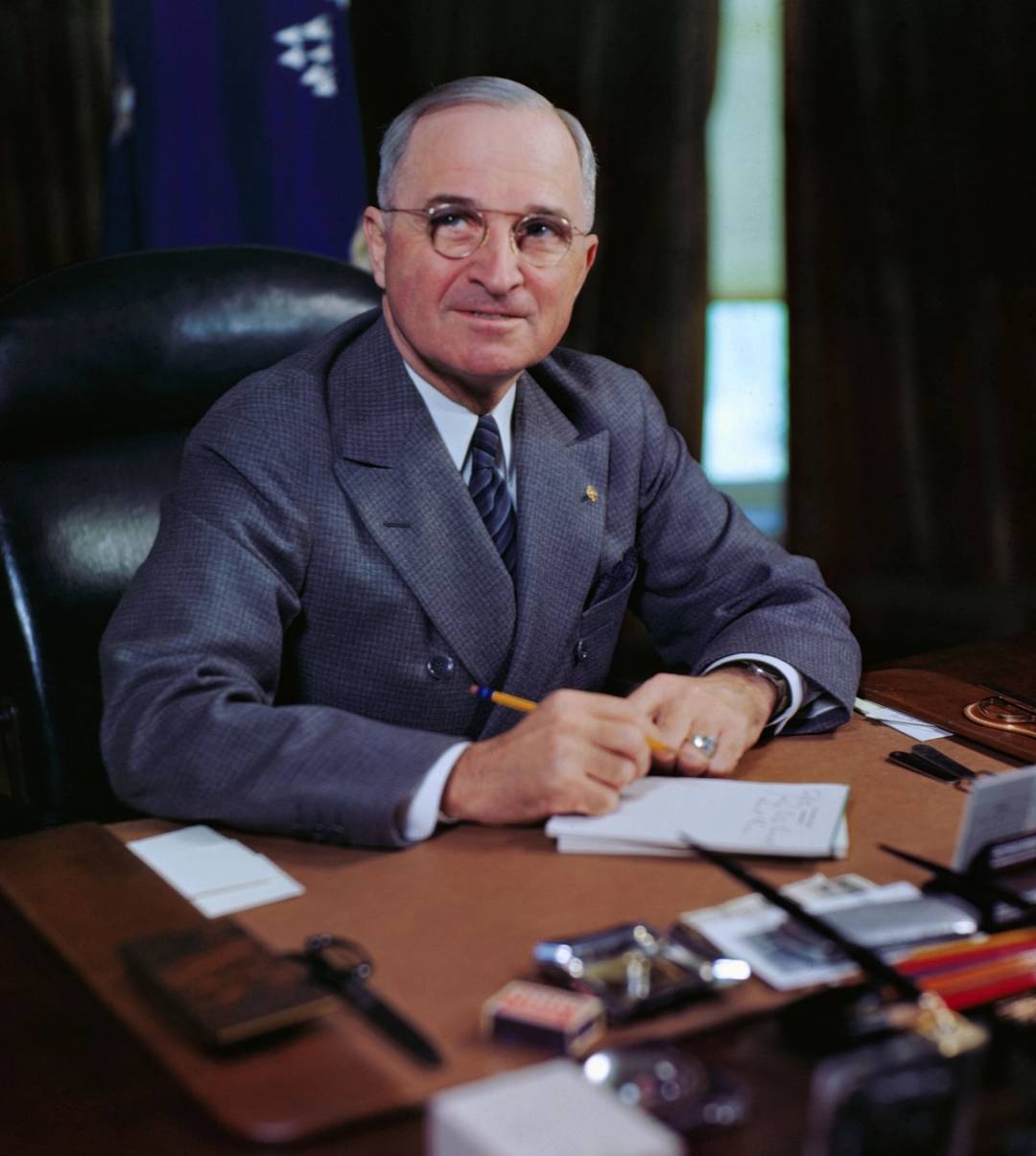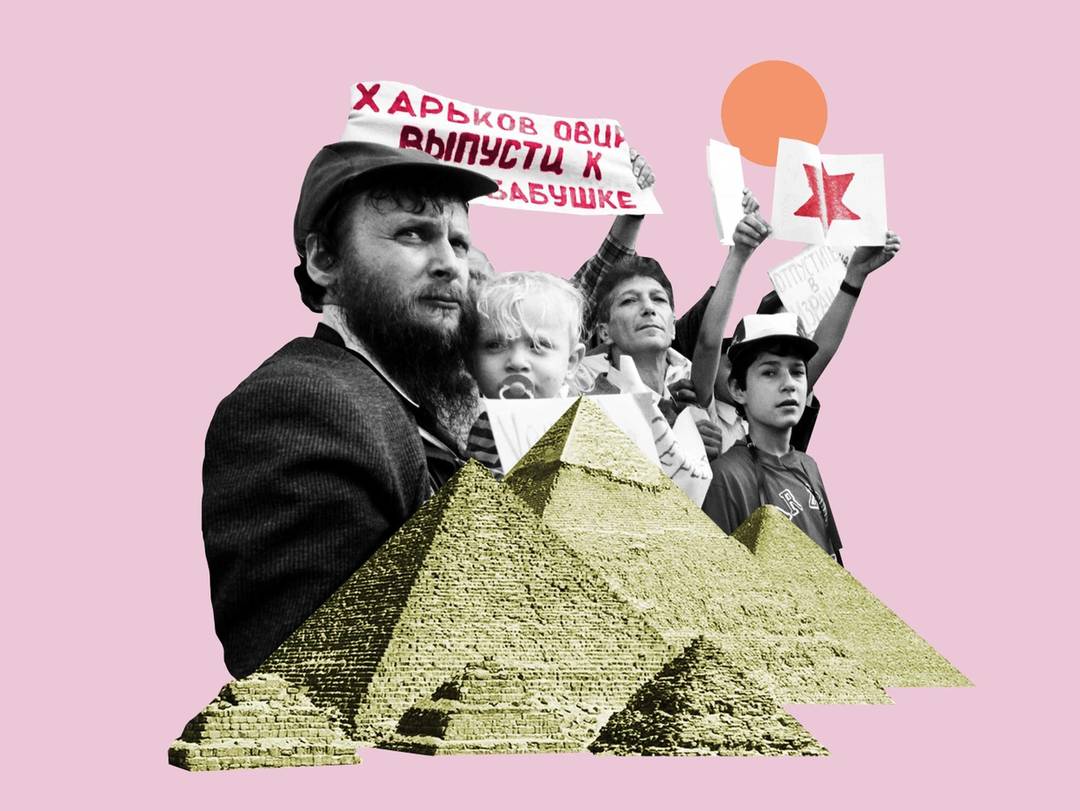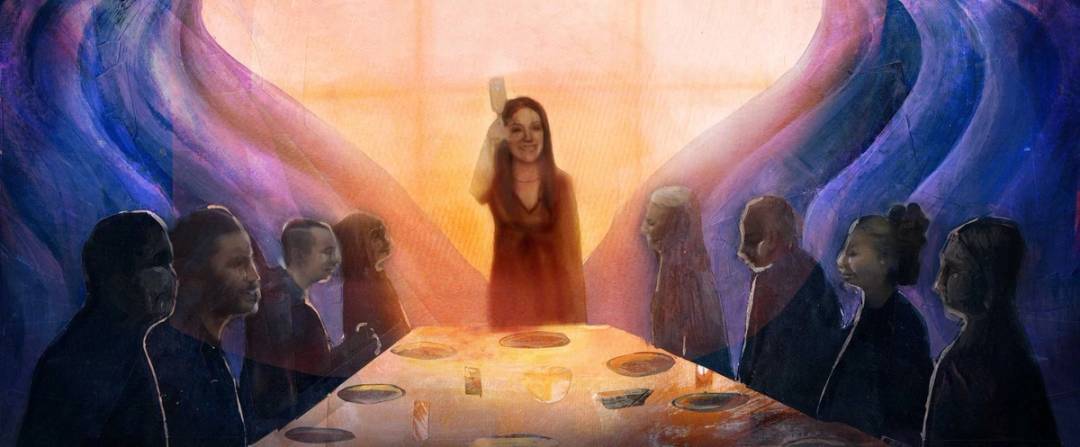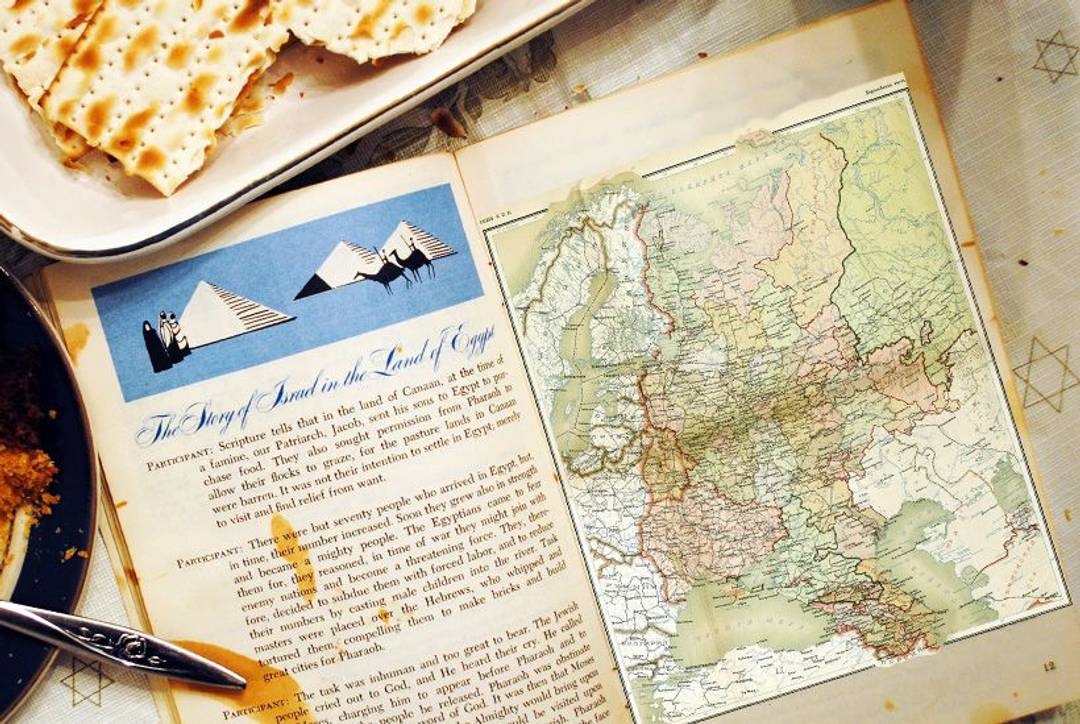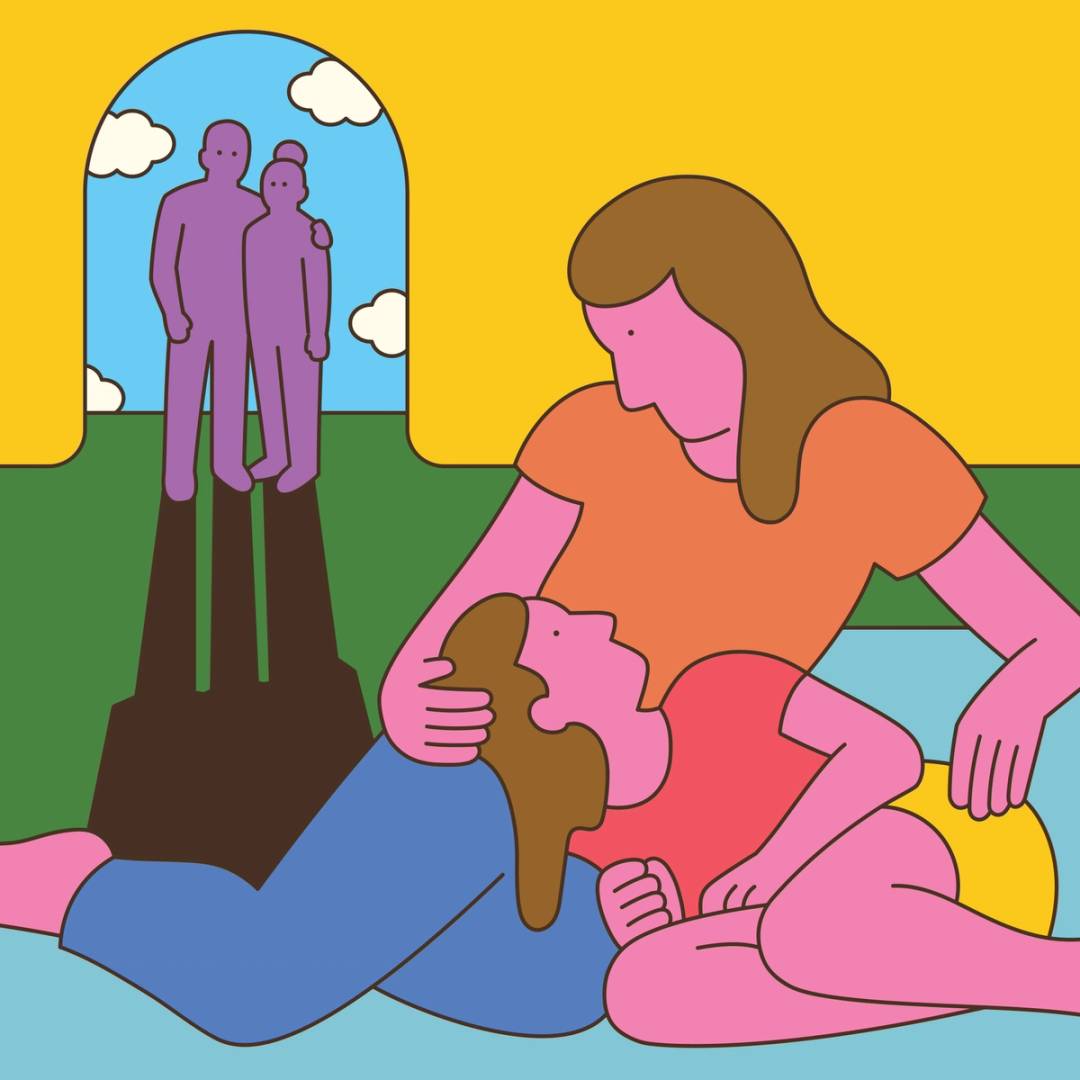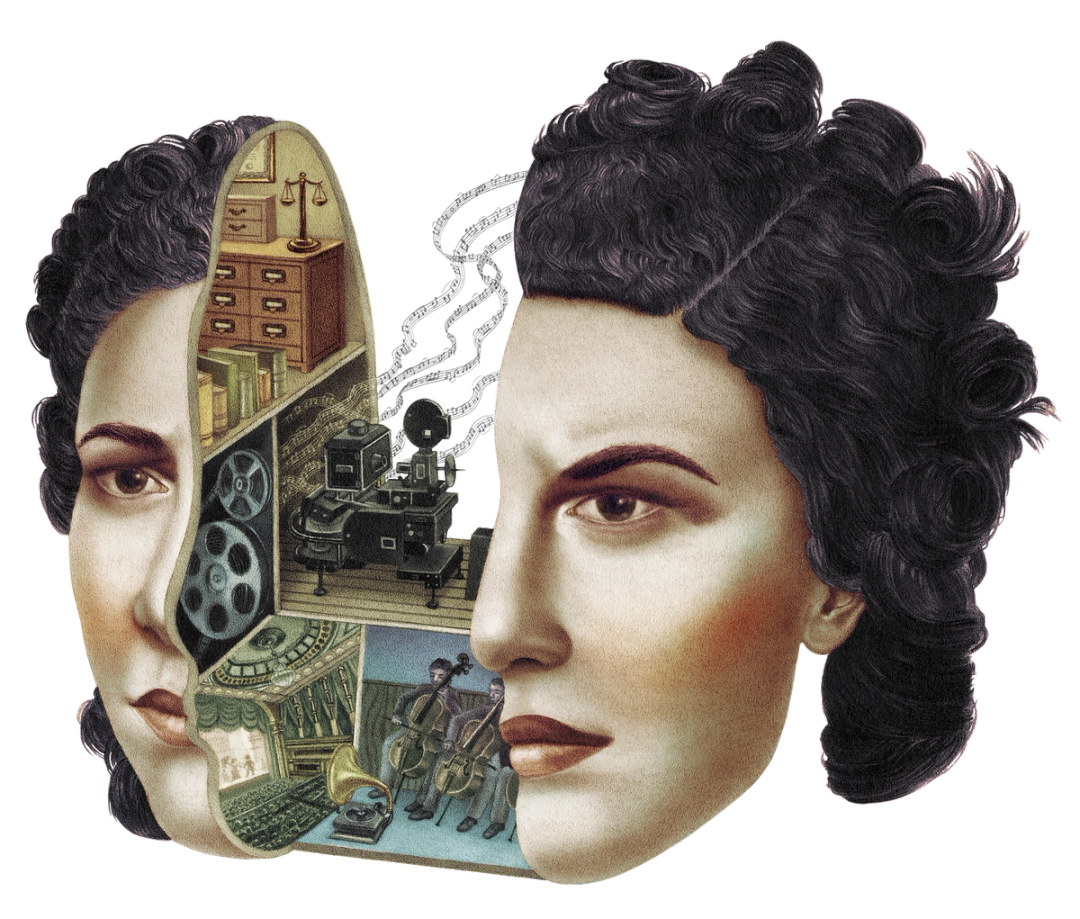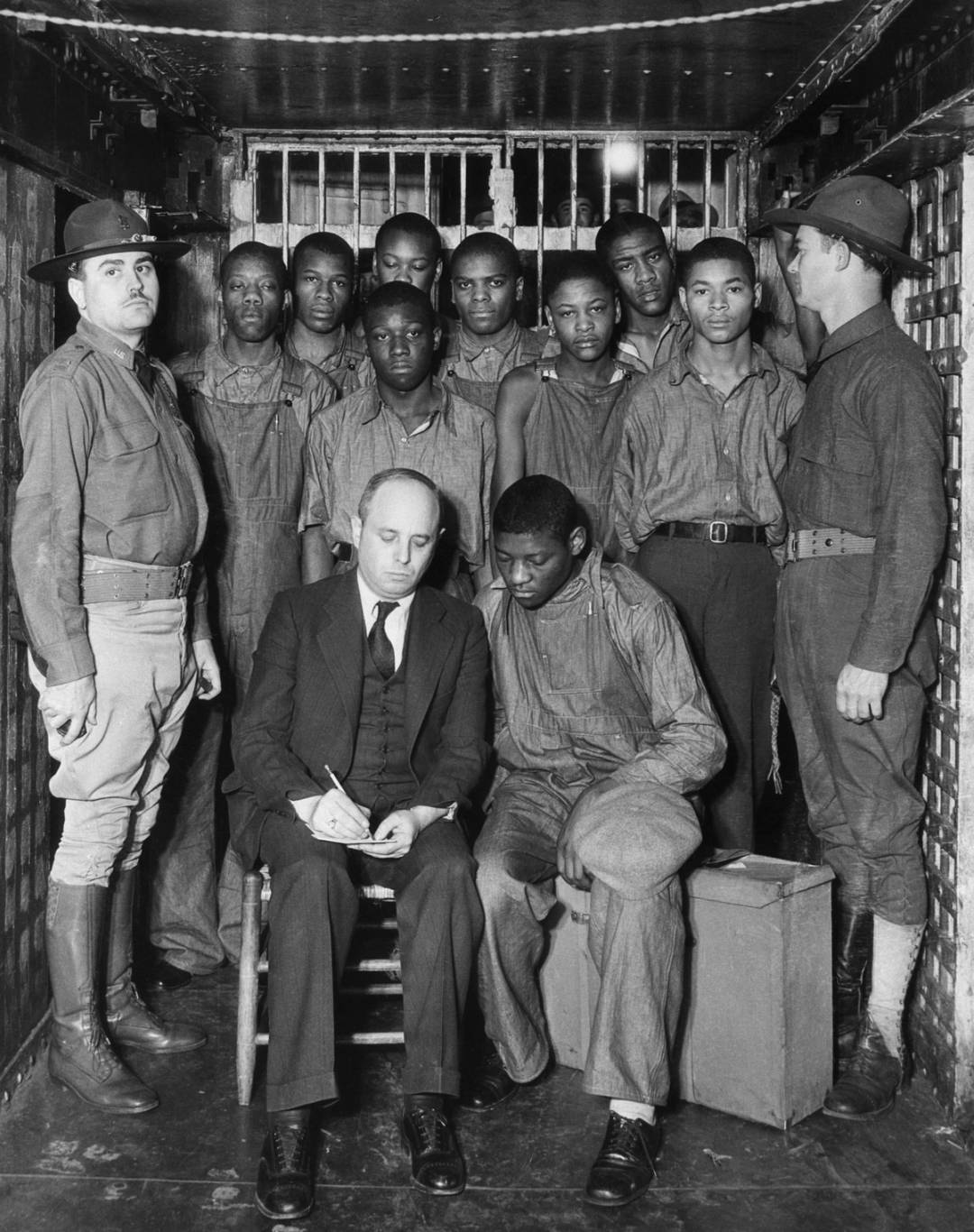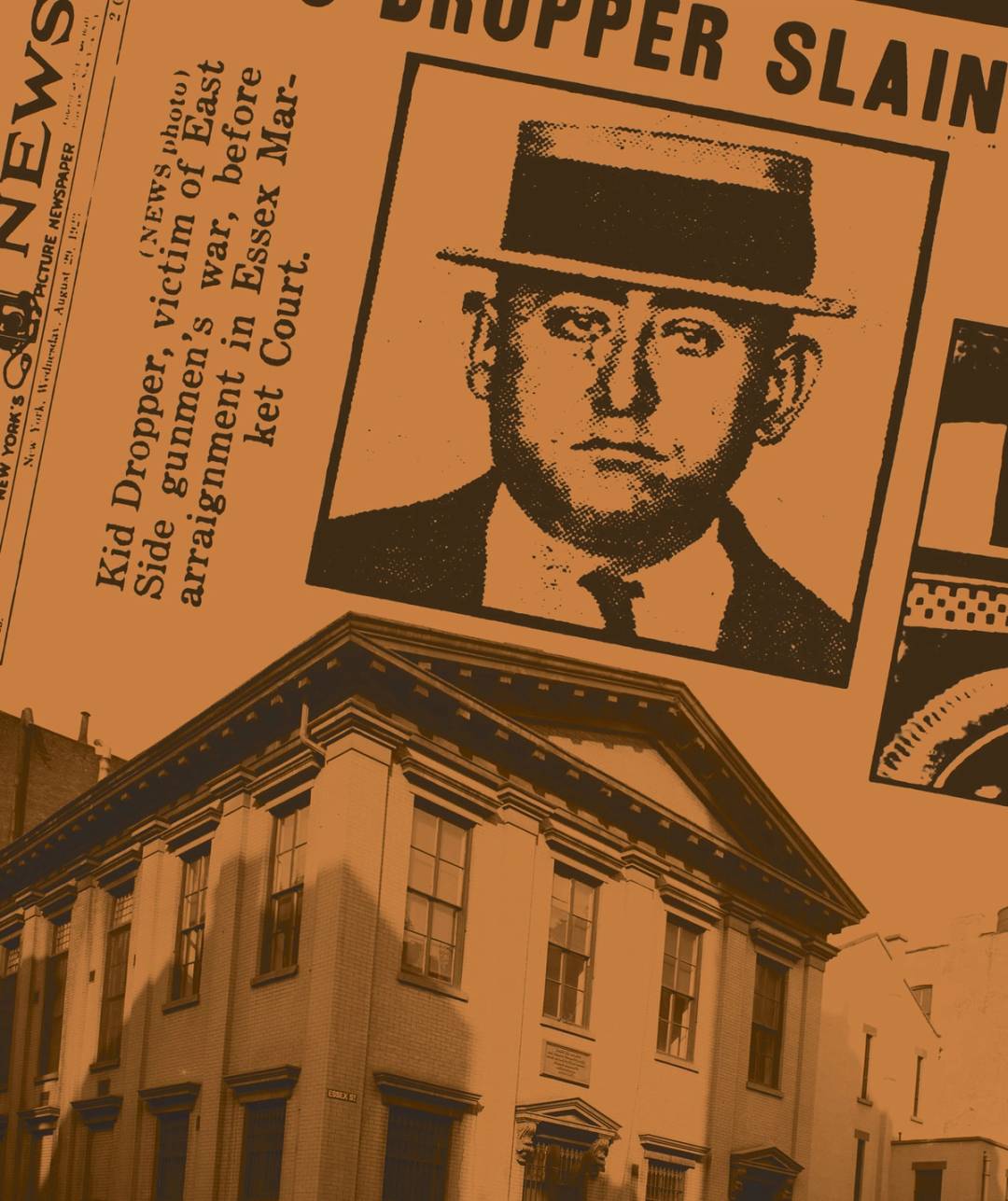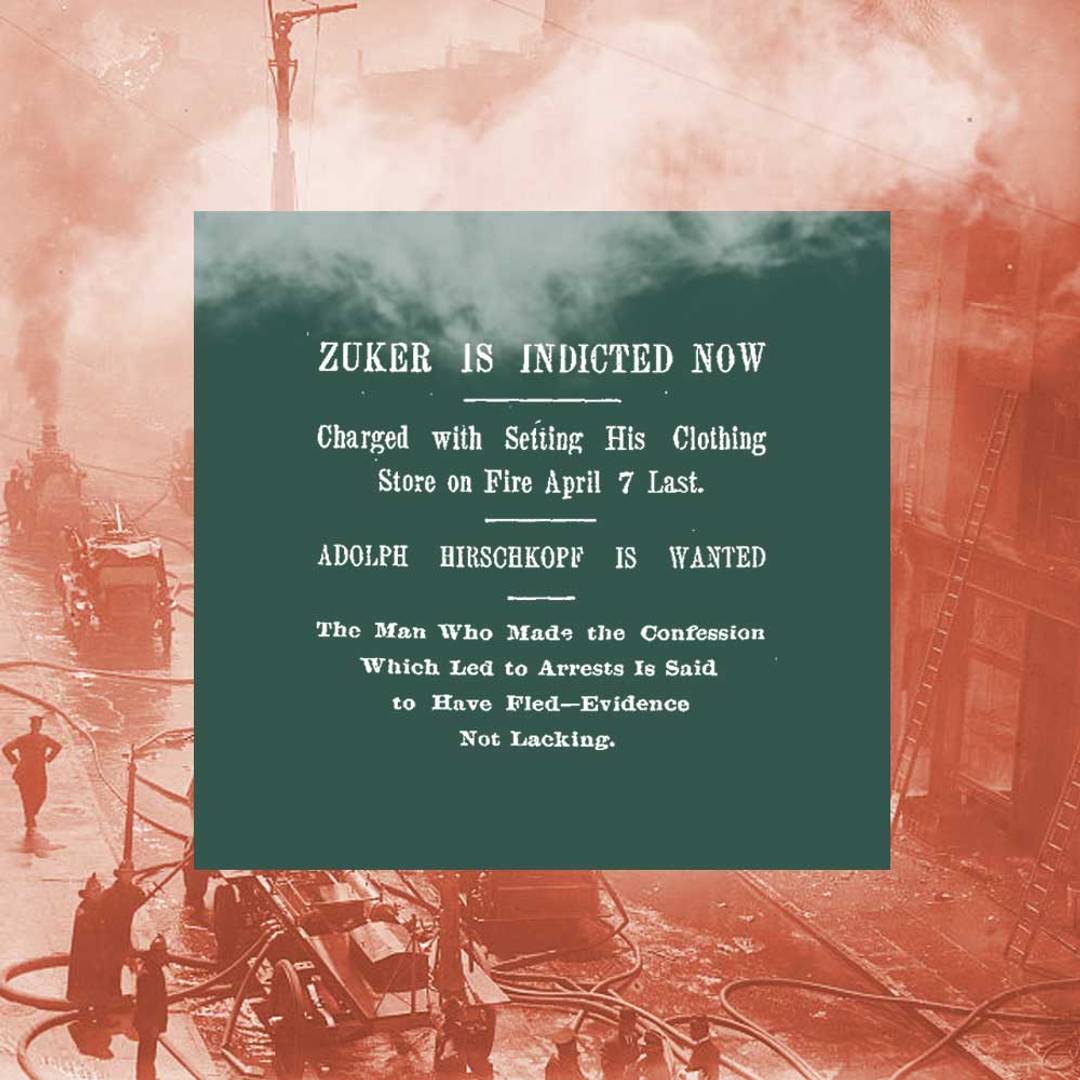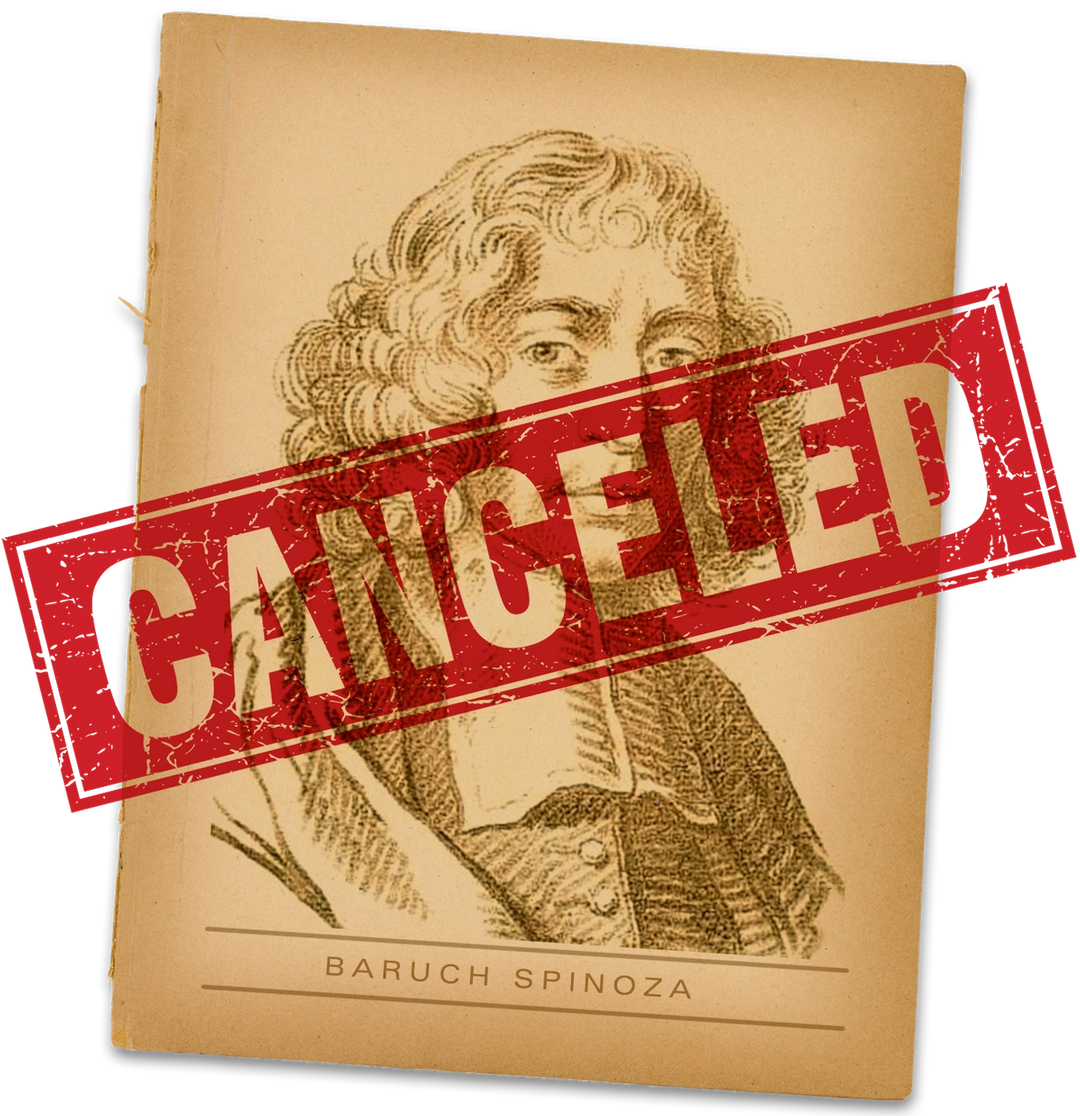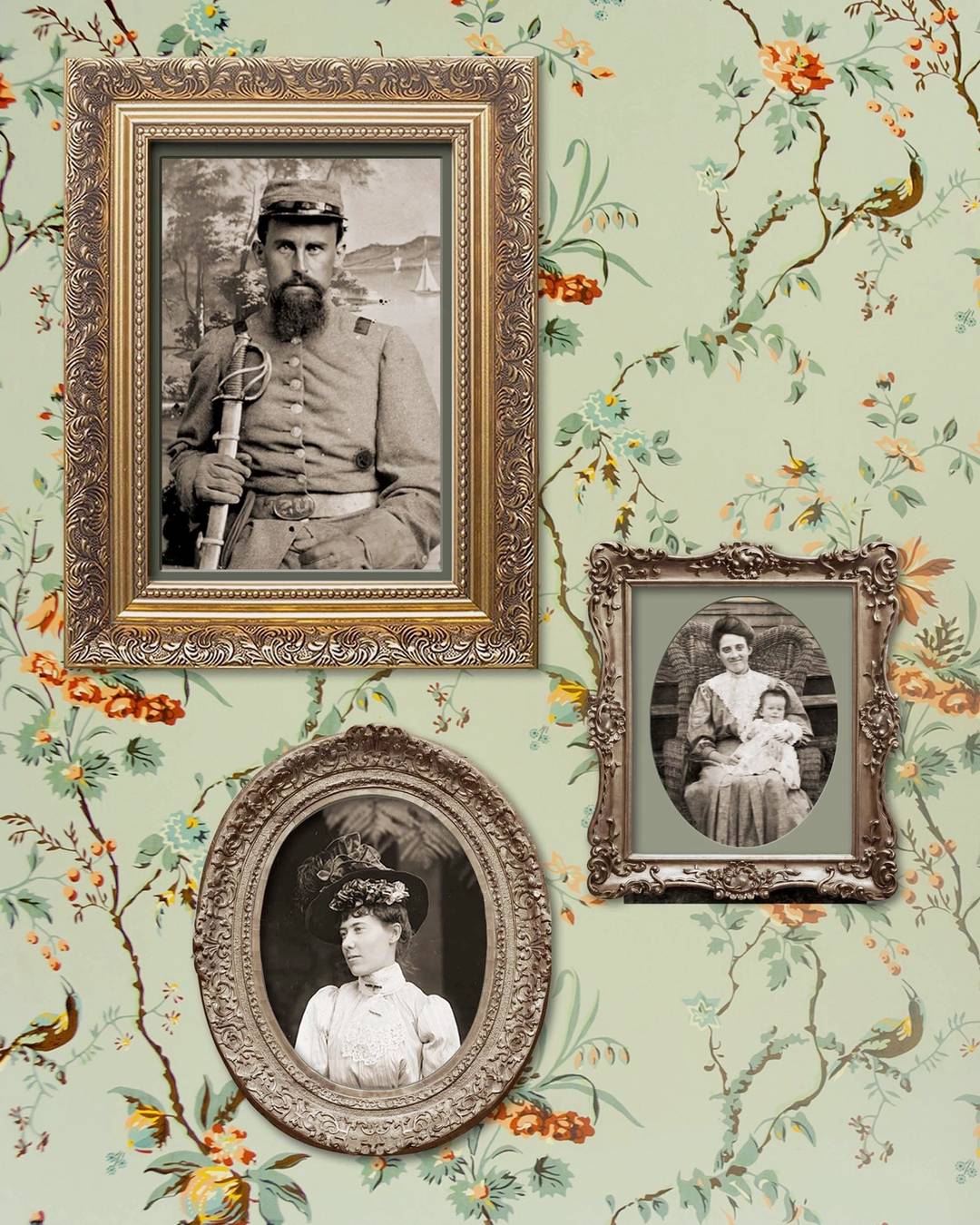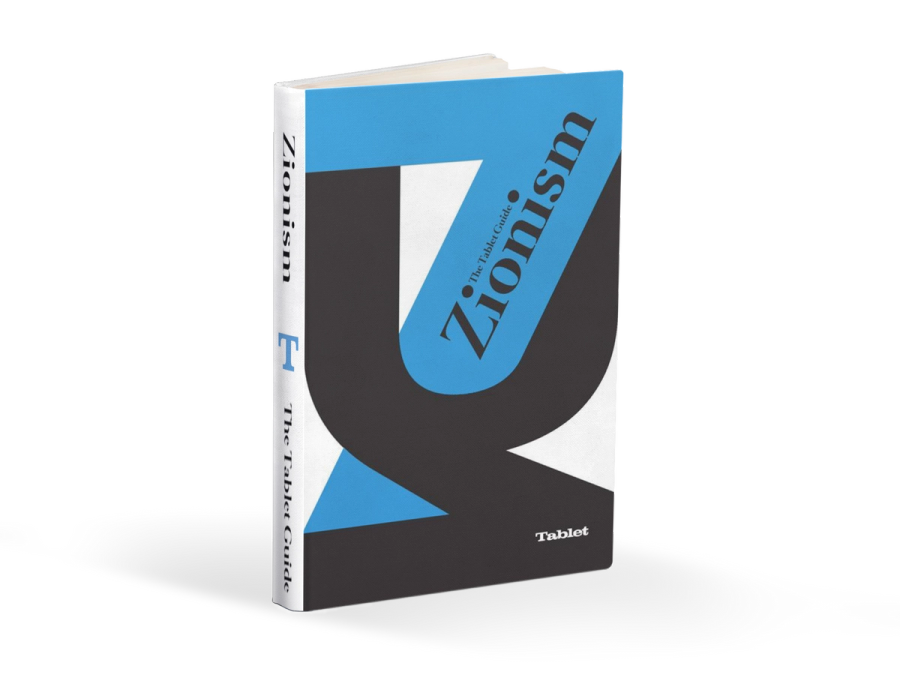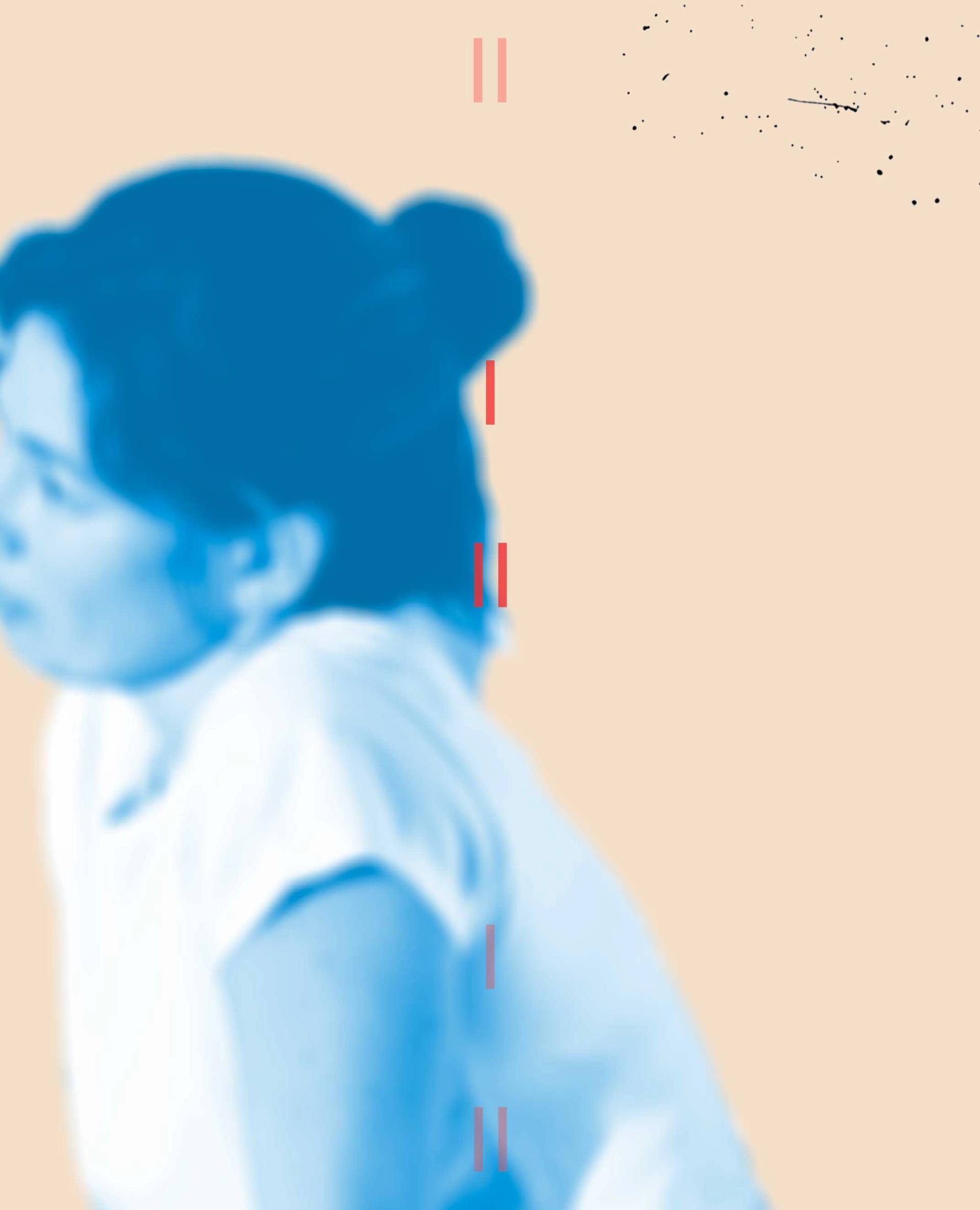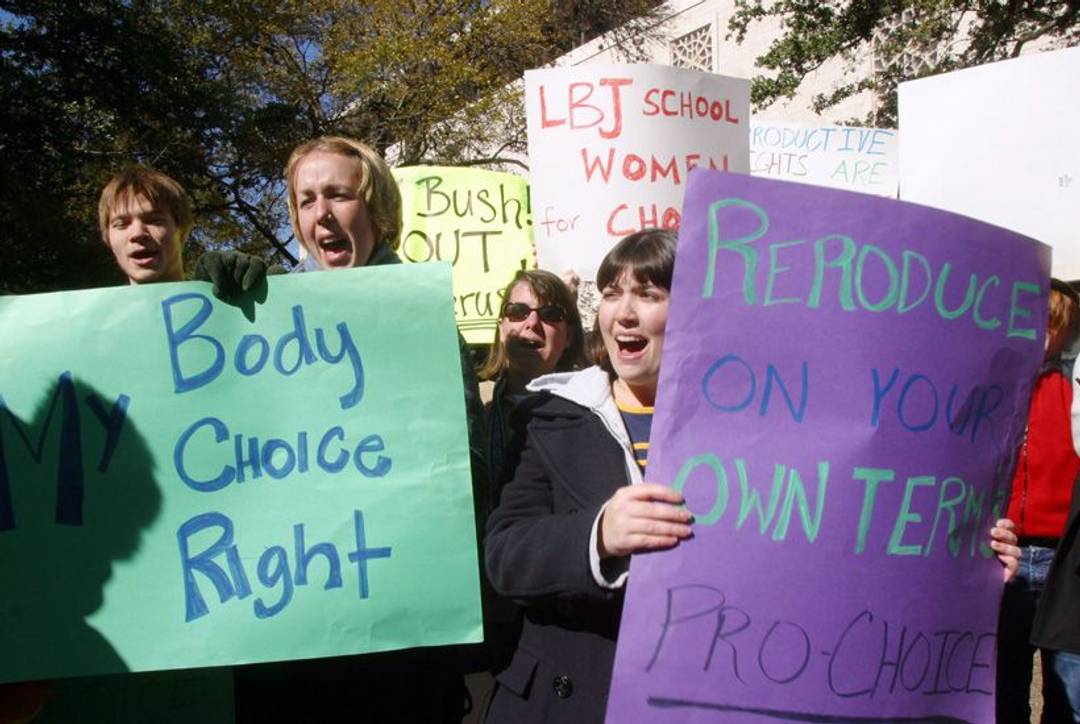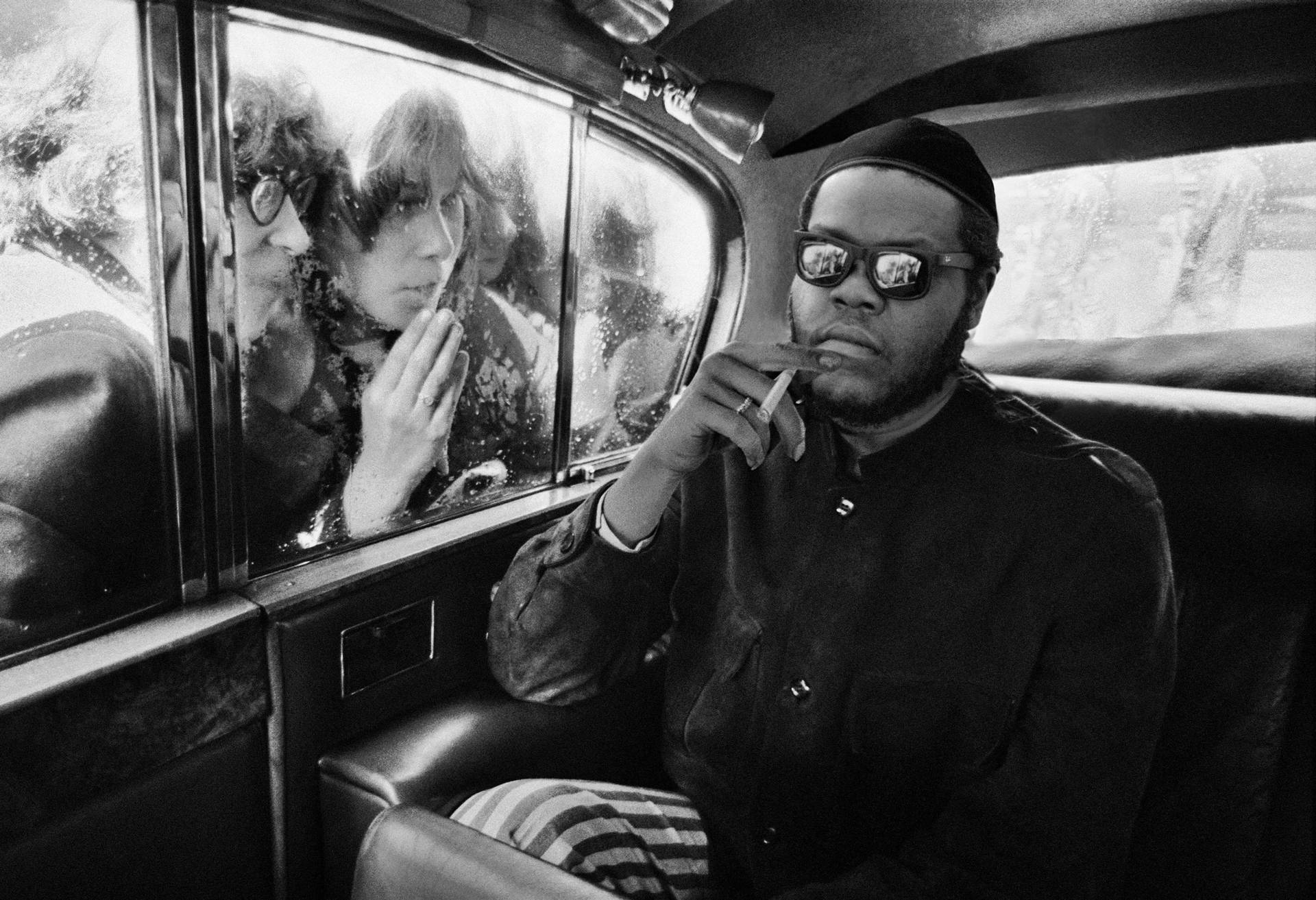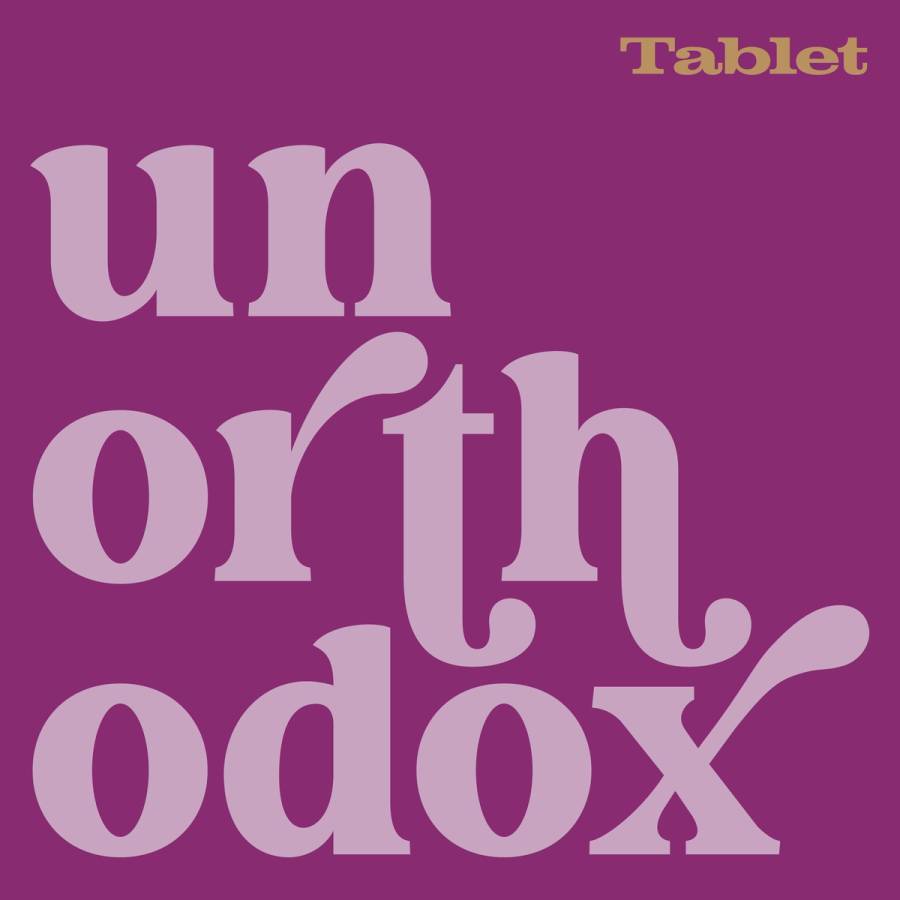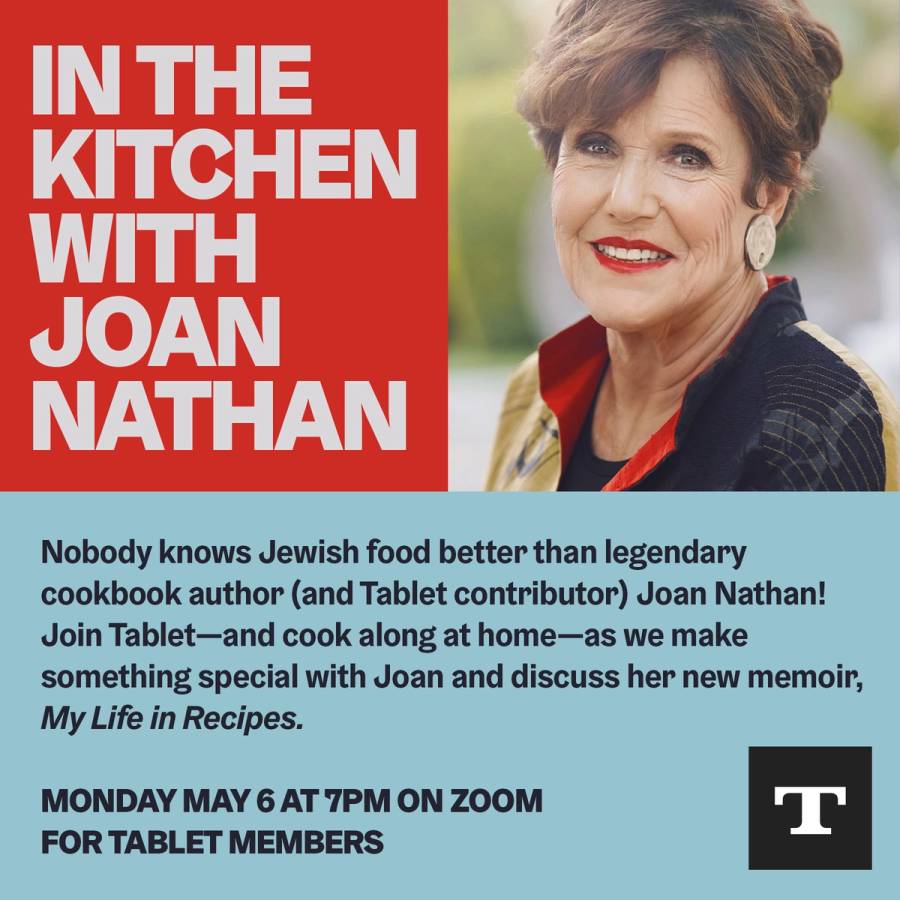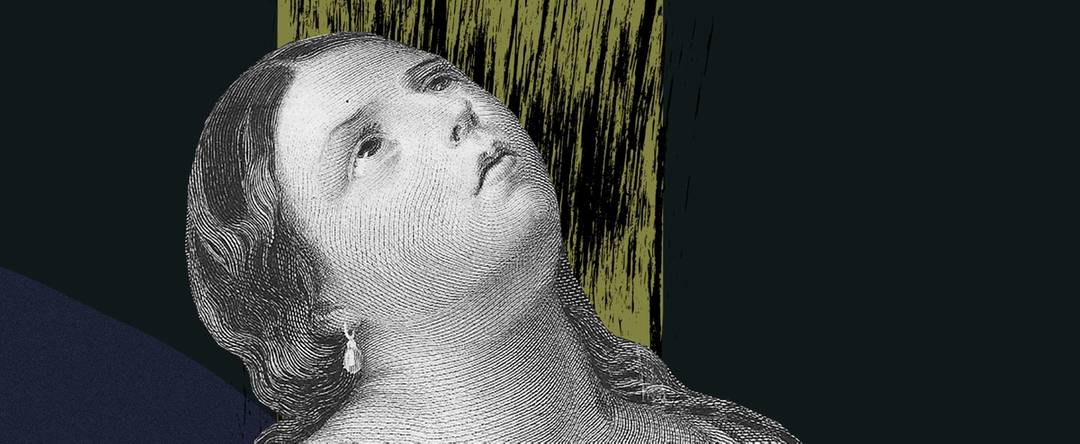Tablet Magazine
Tablet’s First Personal
A call for submissions: Belonging
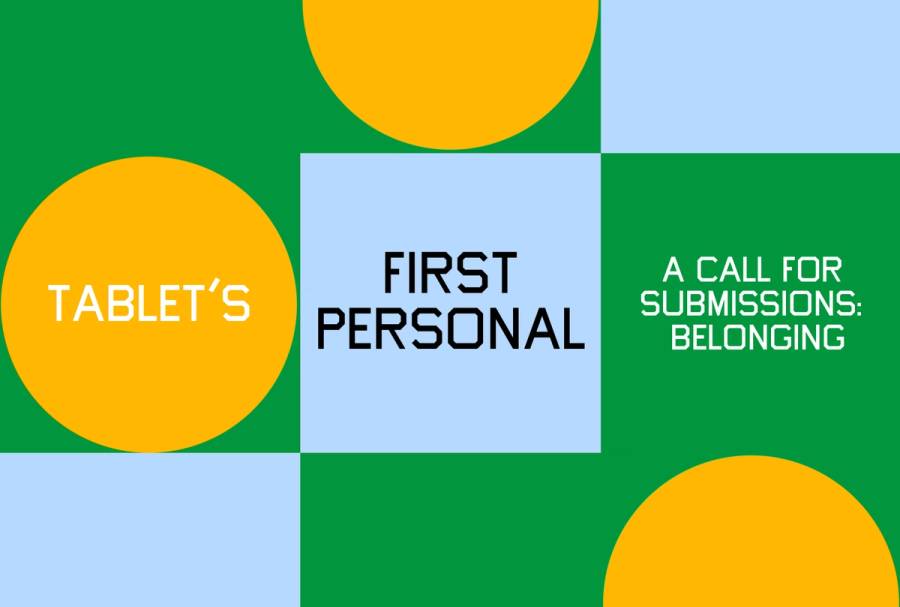

Tablet Magazine is seeking submissions of personal essays about belonging. Finalists will receive a cash prize and a spot at a live literary event in New York City; the winning essay will earn $500 and will be published in Tablet. For full details and deadlines, click here.
Event: Jews From The Former Soviet Union


Join Tablet as we ask our experts—regular contributors Maxim D. Shrayer and Izabella Tabarovsky—to delve deeper into the issues facing this community.
Thursday, May 9, 12-1 p.m. ET
Religious Literacy in America
See all in Religious Literacy in America →︎
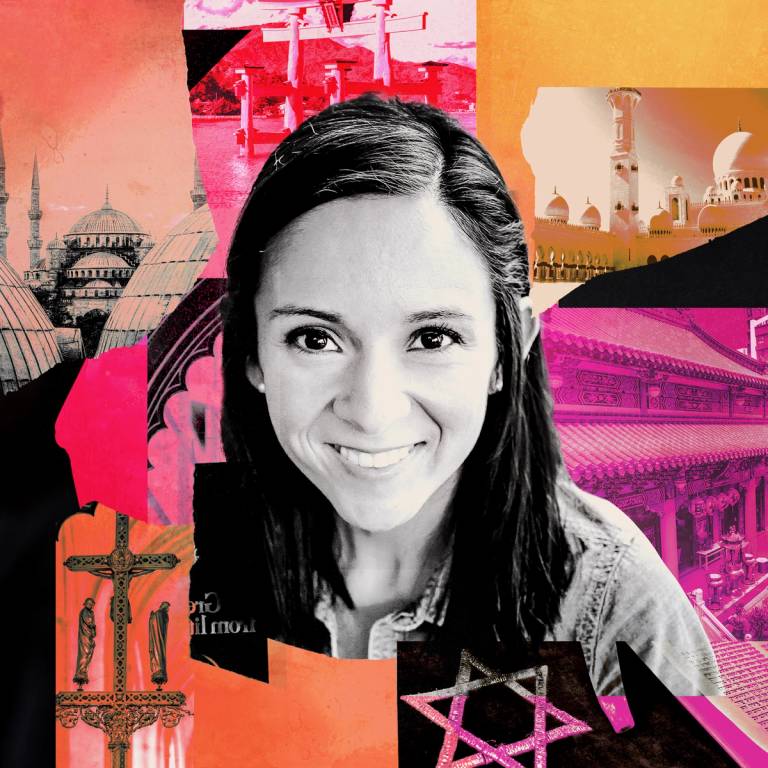
Tablet talks about Judaism a lot, but sometimes we like to change the subject. Maggie Phillips covers religious communities across the U.S.—from Christians to Muslims, Hindus to Baha’i, Jehovah’s Witnesses to pagans—to find out what they’re talking about.
Newsletter
Be part of our community. Sign up to get Tablet’s newsletter each morning:
On Abortion
Hosting women about to have an abortion is the most direct, intimate mitzvah I’ve ever had the privilege to perform.
BY LYNN HARRIS
When It Comes to Becoming a Mother, Sometimes Less Really Is More
When my fertility treatments worked too well, I faced an unexpected moral quandary.
BY REBECCA WOLF
As the abortion debate heats up, Christian groups in New York—on both sides—stake out positions beyond angry rhetoric and stereotypes
BY MAGGIE PHILLIPS
The Tab
The Tab is our curated weekly digest for members that collects recent articles, recipes, an insert from The Scroll, and more. Become a member and enjoy!
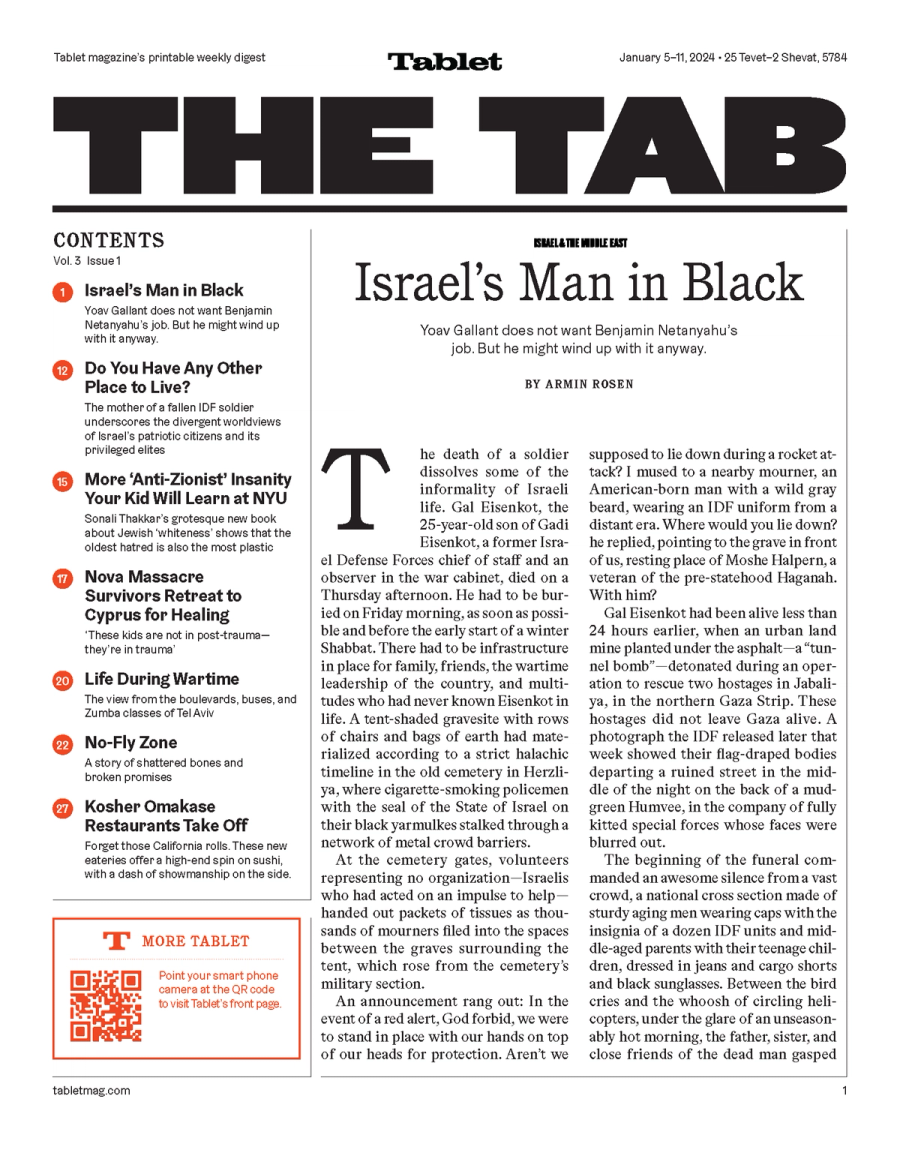

The Minyan
See all in The Minyan →︎
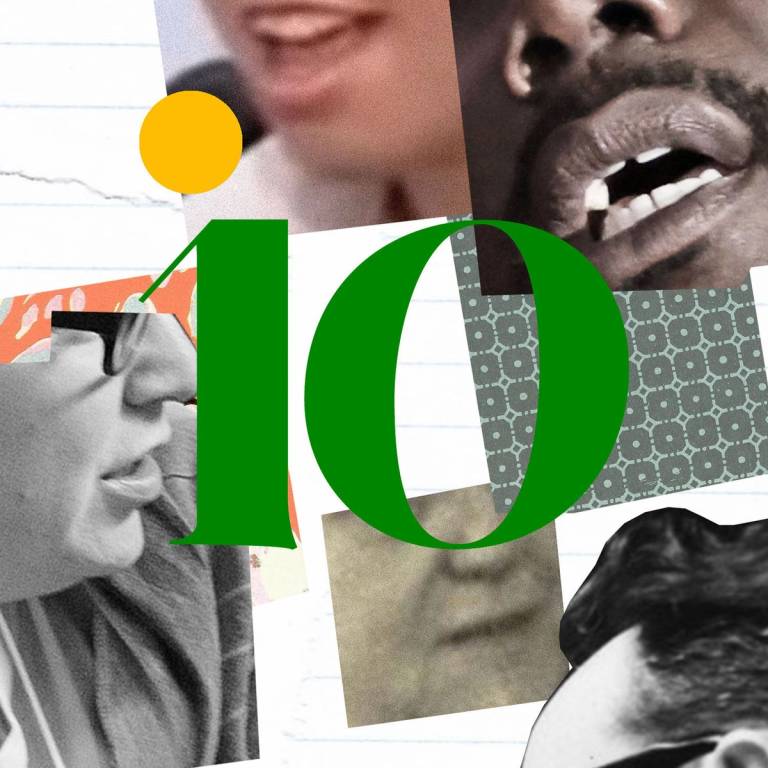
Roundtables on the state of the American Jewish community, bringing together people from a shared demographic or background—everyday people with personal opinions, not experts who earn their salaries discussing these issues.

